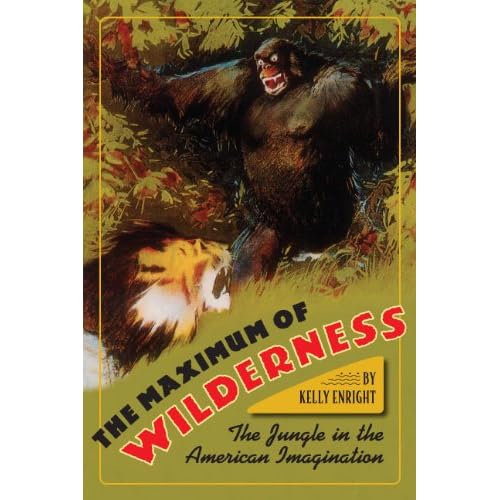
The selection for UW Madison's common reading program this year is Radioactive: Marie and Pierre Curie: A Tale of Love and Fallout by Lauren Redniss. Ebling Library's librarian and curator, affiliate of the department, and always fabulously bescarved Micaela Sullivan-Fowler designed an accompanying exhibit for the Ebling Library Historical Reading Room entitled "Fallout: The Mixed Blessing of Radiation and the Public Health." This past week, the evening of February 7, the Friends of the University of Wisconsin-Madison Library sponsored a tour of "Fallout" with Micaela and a guided discussion hosted by History of Science Department's own Dr. Richard Staley.
Despite the wicked weather, intrepid visitors - many of them Friends of the Library - traced the story of the discovery of radiation and its mixed blessings for public health. Case by case, Micaela told the story of the Curies, the discovery of radioactivity, the initial medical promise (and the consumer products) that x-rays and radium inspired, the practical and professional ramifications of radiation through WWII, and the discovery of the atomic bomb and its use at Hiroshima and Nagasaki. Throughout, Micaela deftly draws out the tensions between the advancing science of radioactivity and its impacts on public health. As in other exhibits, she makes a point of drawing attention to ways that UW was connected to this unfolding history. UW Professor of chemistry Dr. Norria F. Hall, for example, was trained by Marie Curie when he was part of the American Expeditionary Corps in 1919.
Alongside the collection of texts from Ebling's vaults, "Fallout" includes rare objects of material culture from the history of x-ray and radiation technologies, freshly dusted from the basements of UW Hospitals. In addition to the medical apparatus, "Fallout" provides the chance to see The Switch, normally tucked away in University Archives. The Switch comes from Julian Mack of UW's Physics Department, who served as head of the optics unit at Los Alamos and was in charge of photographing the first bomb test. The Switch was used at Los Alamos to turn the power on and off during the explosive work carried out there (note the fantastic big red OFF button). A Special thanks goes to David Null, UW archivist for pulling it out of the University Archives' cabinet of extraordinary objects.
It should be noted that Micaela always puts together a provocative collection of objects and texts in her exhibit work, but she hit this event particularly hard with the awesome stick. First of all, there was swag, and who doesn't like atomic swag? Glow in the dark bracelets, collectible quotes on radioactivity and the atomic age from Pierre and Marie Curie, postcards with the exhibit poster design, and a raffle for x-traordinary copies of Redniss's book, courtesy of the Friends. Visitors toured the cases literally glowing, pockets stuffed, munching on Bomb Shelter Browies and Gamma Ray Grapes, sipping Atomic Punch.
Following the tour, Dr. Staley began the discussion with a few remarks that drew parallels between Micaela's exhibit work on "Fallout" and Redniss's collecting strategies as she prepared to write Radioactive, which she disclosed during her campus visit in October. (Video and transcript of Redniss's visit available here.) Staley touched on the idea of a graphic novel addressing two invisible central themes: love and radioactivity. The discussion noted how the pace of reading changed from page to page, how Redniss guides the story and its themes through the use of visual tools of color, image, typeface. There were, as ever, questions about the sourcing of objects in the exhibit: where they come from, where they are kept, how they cooperate to tell the story of radioactivity and public health.
As a karmic reward for his troubles, Dr. Staley won not one but two raffled copies of Radioactive for the kids. You may not be quite so lucky if you visit the exhibit on your own, but I bet Micaela has a stash of glowing bracelets to wear during your tour. Make the trek to Ebling, whatever the weather, to visit "Fallout: The Mixed Blessing of Radiation and the Public Health."

More information about the exhibit and how to find it is available at the Ebling Library website.








